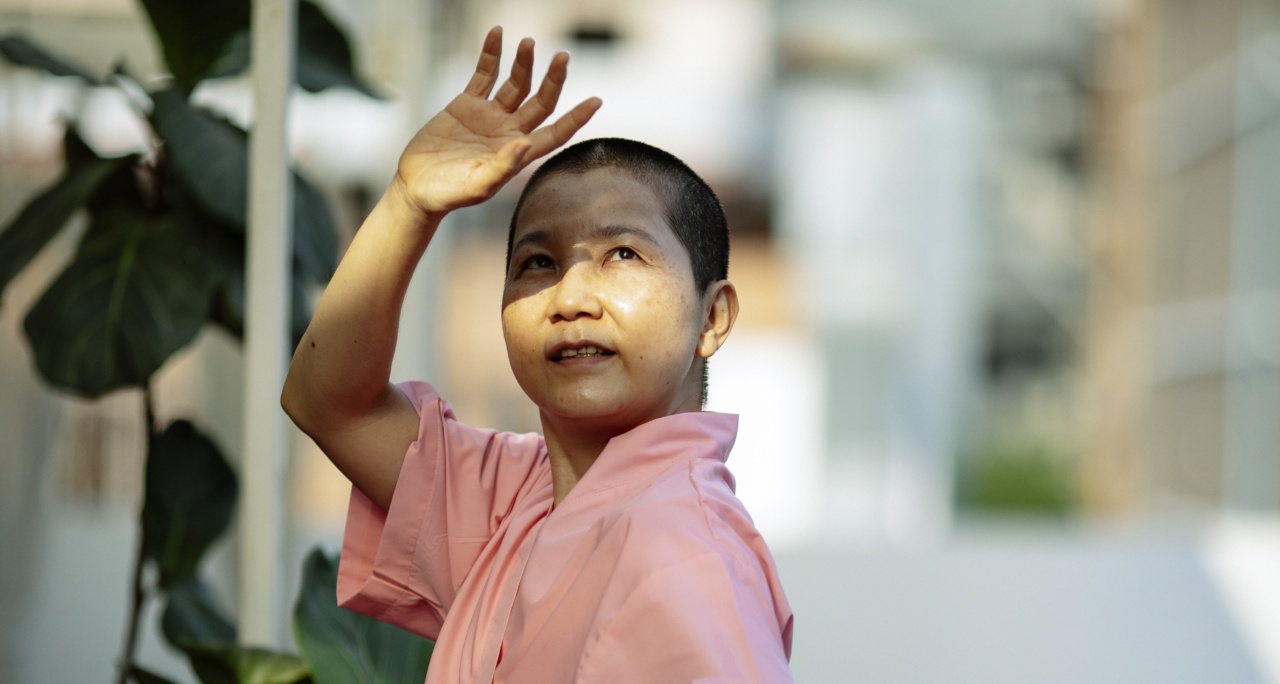Prostate cancer is the second most common cancer among men worldwide, with over 1.2 million cases reported in 2020 alone.
While the exact cause of prostate cancer remains unknown, many studies have suggested a link between certain lifestyle choices, including diet, and the development of prostate cancer. Green tea, a popular beverage derived from the Camellia sinensis plant, has garnered significant attention for its potential role in preventing prostate cancer.
This article explores the scientific evidence behind green tea’s prostate cancer-preventive properties.
Understanding Prostate Cancer
Prostate cancer occurs when abnormal cells in the prostate gland, a walnut-sized gland located just below the bladder, start to grow uncontrollably. As the cancer progresses, it may spread to other parts of the body, such as the bones and lymph nodes.
Several risk factors contribute to the development of prostate cancer, including age, family history, ethnicity, and lifestyle choices.
While some risk factors cannot be controlled, such as age and family history, lifestyle choices such as diet and exercise are modifiable and offer an opportunity for prevention.
Role of Green Tea in Prostate Cancer Prevention
Green tea has long been revered for its health-promoting properties. It is rich in polyphenols, particularly catechins, which have potent antioxidant and anti-inflammatory effects.
These bioactive compounds may help protect against various chronic diseases, including cancer.
Evidence from Epidemiological Studies
Epidemiological studies examining the association between green tea consumption and prostate cancer risk have yielded mixed results.
Some studies have found a significant reduction in prostate cancer risk among individuals who regularly consume green tea, while others have observed no significant association.
One study conducted in Japan, where green tea consumption is high, found that individuals who consumed five or more cups of green tea per day had a significantly lower risk of advanced prostate cancer compared to those who consumed less than one cup per day. Similarly, a study in China found that men who regularly drank green tea had a reduced risk of developing prostate cancer.
However, a large-scale study involving over 50,000 Japanese men found no association between green tea consumption and prostate cancer risk.
The conflicting results may be attributed to variations in study design, population characteristics, and green tea preparation methods.
Mechanisms of Action
Green tea’s potential protective effect against prostate cancer may be attributed to its various mechanisms of action:.
1. Antioxidant Activity
Green tea is rich in antioxidants, which help neutralize harmful free radicals in the body. Free radicals can damage DNA and other cellular components, leading to cancer development.
By reducing oxidative stress, green tea’s antioxidants may help prevent DNA damage and inhibit tumor growth.
2. Anti-inflammatory Effects
Inflammation plays a crucial role in the development and progression of prostate cancer. Green tea’s anti-inflammatory properties may help suppress inflammatory pathways and prevent the formation of cancerous cells.
Studies have shown that catechins in green tea can inhibit the production of inflammatory molecules and reduce inflammatory markers in the body.
3. Regulation of Cell Signaling Pathways
Green tea catechins can interfere with various cell signaling pathways involved in cancer growth and progression.
They may modulate the expression of genes associated with cell survival, proliferation, and angiogenesis, thereby inhibiting the growth of cancer cells.
4. Inducing Apoptosis
Apoptosis, often referred to as programmed cell death, is a natural process that eliminates damaged or abnormal cells. Cancer cells typically evade apoptosis, leading to uncontrolled growth.
Green tea catechins have been shown to induce apoptosis in prostate cancer cells, effectively suppressing their growth and proliferation.
5. Inhibition of Androgen Receptor
Androgen receptor signaling plays a crucial role in prostate cancer development and progression. Green tea catechins can inhibit androgen receptor function, reducing the growth and survival of prostate cancer cells.
Conclusion
While the available scientific evidence on the relationship between green tea consumption and prostate cancer prevention is mixed, the bioactive compounds present in green tea, particularly catechins, exhibit various anti-cancer properties.
As part of a well-balanced diet and a healthy lifestyle, incorporating green tea may have potential benefits in reducing the risk of prostate cancer. However, further research, particularly well-designed clinical trials, is needed to establish a definitive link between green tea consumption and prostate cancer prevention.






























